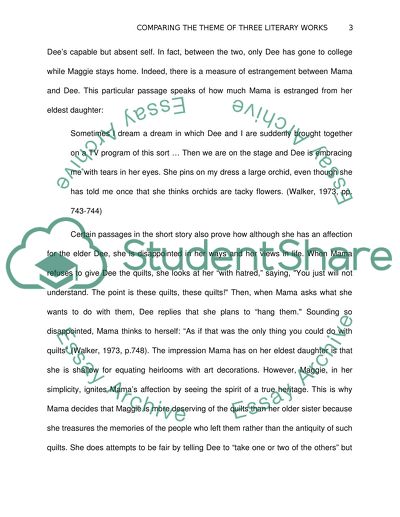Cite this document
(Mother-Daughter Relations in Poems Literature review, n.d.)
Mother-Daughter Relations in Poems Literature review. Retrieved from https://studentshare.org/family-consumer-science/1567947-element-of-literature
Mother-Daughter Relations in Poems Literature review. Retrieved from https://studentshare.org/family-consumer-science/1567947-element-of-literature
(Mother-Daughter Relations in Poems Literature Review)
Mother-Daughter Relations in Poems Literature Review. https://studentshare.org/family-consumer-science/1567947-element-of-literature.
Mother-Daughter Relations in Poems Literature Review. https://studentshare.org/family-consumer-science/1567947-element-of-literature.
“Mother-Daughter Relations in Poems Literature Review”. https://studentshare.org/family-consumer-science/1567947-element-of-literature.


